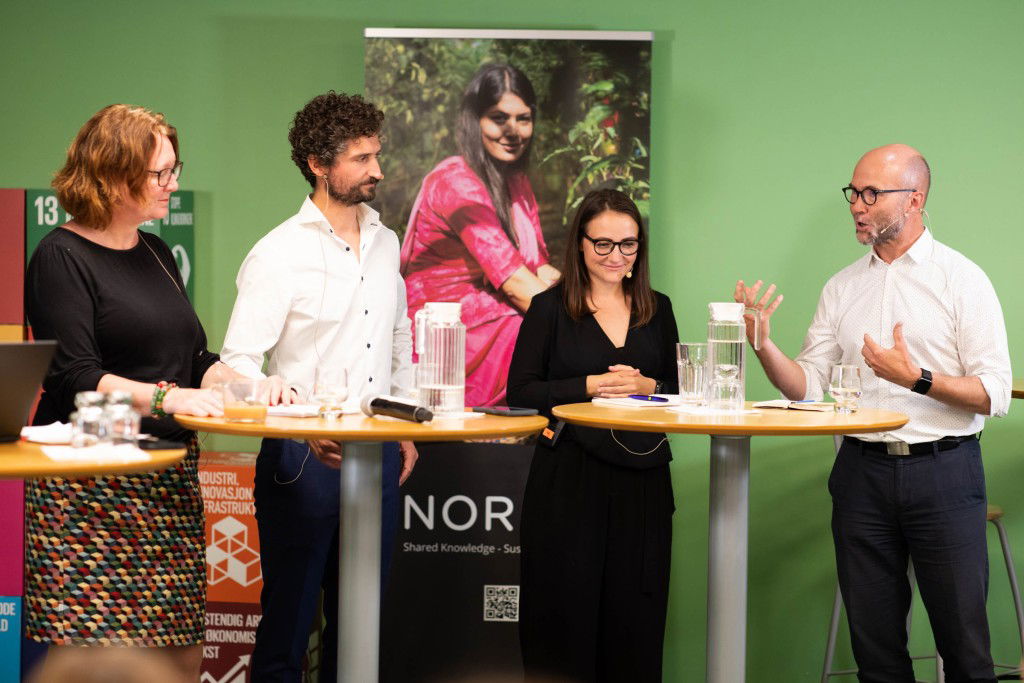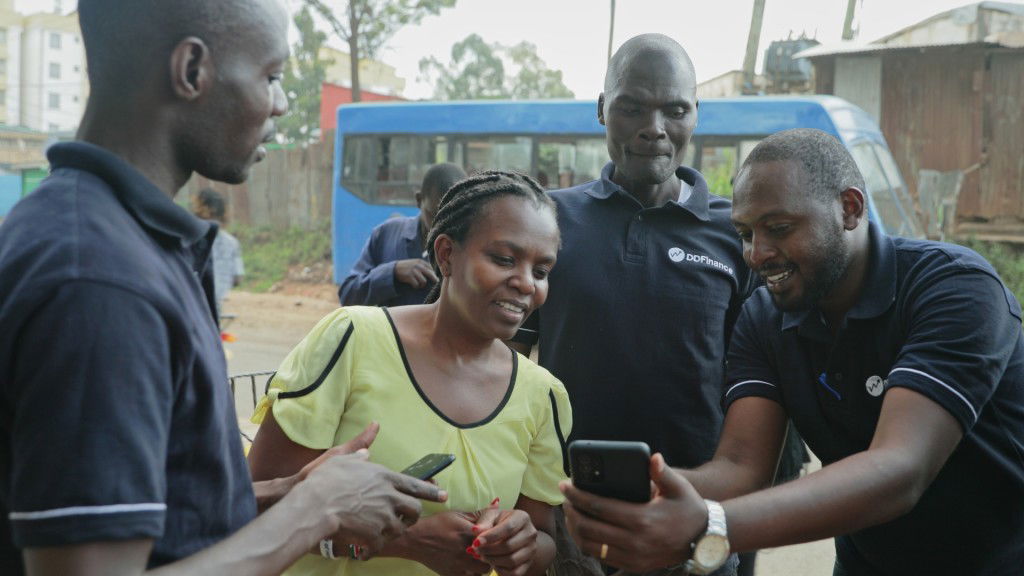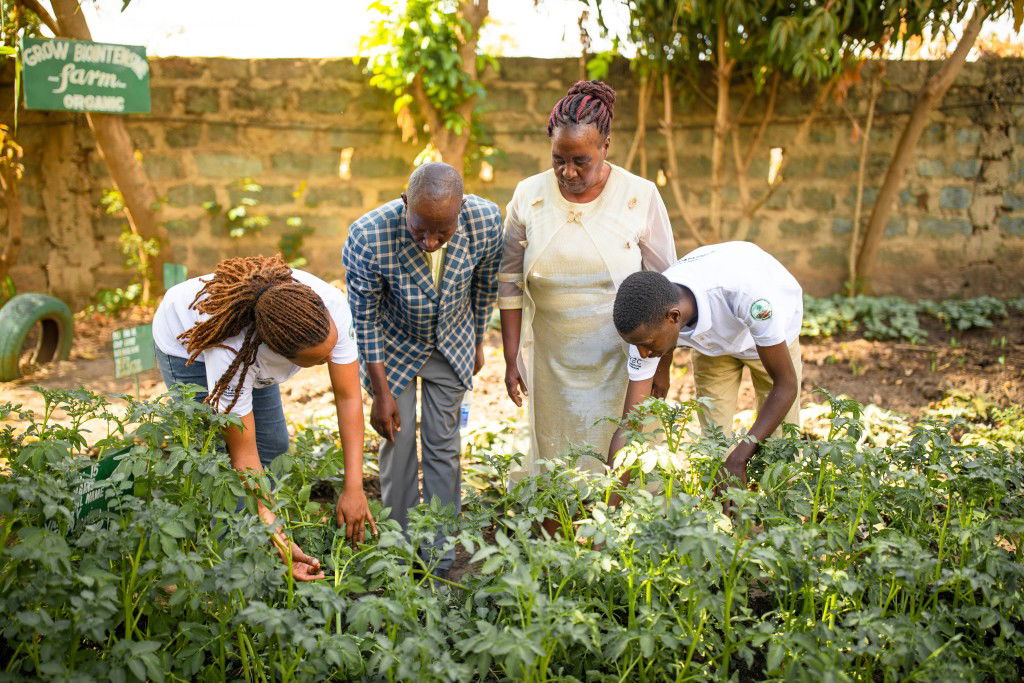
Strategy 2026 Shared knowledge - sustainable change
Innovation and learning
It is often in the face of the new and unknown that ideas are born and grow. Much learning takes place entirely on its own through interaction in the workplace. But to ensure effective learning in an organisation, it must be planned and facilitated. Therefore we work towards achieving systematic and targeted learning, both in our own department and in partnerships.
This applies not only to Norec, but also our grant recipients. A comprehensive approach to learning also requires that employees further develop their competencies and skills. By encouraging and facilitating knowledge development, we are better equipped to meet new challenges. We know that there are many ways to ensure a successful work exchange. We approach all of them with an open mind. Norec wants to offer flexibility and encourage innovation when interacting with grant recipients.
1 More communication from the competence centre Norec
In the coming strategy period, we will be stepping up our efforts to acquire and systematise knowledge and conduct research on knowledge transfer and organisational development. We will study, analyse, and further process the collected data to ensure that the knowledge is put to use as soon as possible. Our knowledge is valuable for encouraging more people to work towards sustainable development.
This requires that we approach a large and diverse audience when organising courses. Several course modules will also be available virtually. To strengthen Norec’s role as a competence centre, we want to work with a wide range of knowledge companies. This includes a desire to establish more partnerships in the higher education sector.
Norec also wants to maintain an active role in relevant international networks. It is important for us that we both learn from and contribute to learning in different types of collaborations.

2. Career progression in the UN system
A primary goal of Norwegian foreign policy is to support binding international partnerships under the auspices of the UN and development banks to better address common challenges and safeguard Norwegian and global interests. This was expressed by the government in the Report to the Storting no. 27 (2018–2019) Norway’s Role and International Interests in Multilateral Cooperation.
Norway is a major economic contributor to the UN. When Norwegian men and women work at the UN and development banks, they develop expertise in areas that are important for Norway’s global efforts. Dialogue among the Norwegian authorities and employees in the UN system provides Norway with knowledge that can be used to develop relevant policies. This in turn enables Norway to be a driving force for strengthening and reforming efforts aimed at achieving the sustainable development goals.
At Norec, we will do our utmost to ensure that more Norwegian women and men have the opportunity to work at the UN and development banks – and equally as important – that more of them continue to work within the system.
3. More organisations contribute to sustainable development
Through its grant scheme, Norec strengthens mutual cooperation, making it possible to pursue the sustainable development goals. Mutual cooperation means that organisations both receive and send young people on work exchanges. Reciprocity also involves developing a deeper relationship based on respect, trust, and interaction. Organisations then recognise that they are mutually dependent on each other in achieving sustainable development.
When employees are exchanged over time, this leads to development and learning within the organisations. We want to work actively to bring together organisations that would be a good match for a partnership. By devoting more resources to helping organisations find each other, we can establish even more global partnerships. We also want to support organisations that recruit employees for cross-border training. In this way, we hope to lower the threshold for entering into a partnership with Norec.

4. New network of previous participants
The effects of an exchange are greatest after the stay abroad, when the knowledge acquired is put into practice. New methods and systems are developed, and innovation occurs, while organisational learning grows. That is why, during the strategy period, we want to establish a programme for activity-based support. The goal is to contribute to sustainable development by allowing young people to use the knowledge gained during their exchange in their local communities. We are also in the process of establishing a network of past participants. The network will serve as a resource database for Norec, in other agencies under the Ministry of Foreign Affairs and others interested in receiving support from competent professionals, mentors and social entrepreneurs.
5. Norec is an attractive workplace that provides useful services
Good working methods enable us to carry out our work effectively and accurately. We work continuously to make the case handling process simpler, more efficient, and more digital. We believe strongly in plain language. The application process at Norec should be easy to understand, and those applying for a grant should receive the necessary guidance. Norec encourages collaboration throughout the organisation to take advantage of the expertise of the different sections and employees. This allows us to develop further to fulfil our social mission as best possible.
Norec aims to have a stable and diverse workforce and positive work environment. Well-being, trust, inclusion, and professional development are key factors for employees of Norec. Everyone should feel respected and included. Greenhouse gas emissions are the greatest challenge of our time. That is why Norec will be examining ways to reduce our carbon footprint where possible, but without compromising our social commitment. By using our values – to challenge and show respect and to be engaged and professional – Norec endeavours to contribute to knowledge sharing and sustainable change.

Did you find what you were looking for?
Thank you for your feedback!
Thank you for your feedback!


